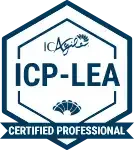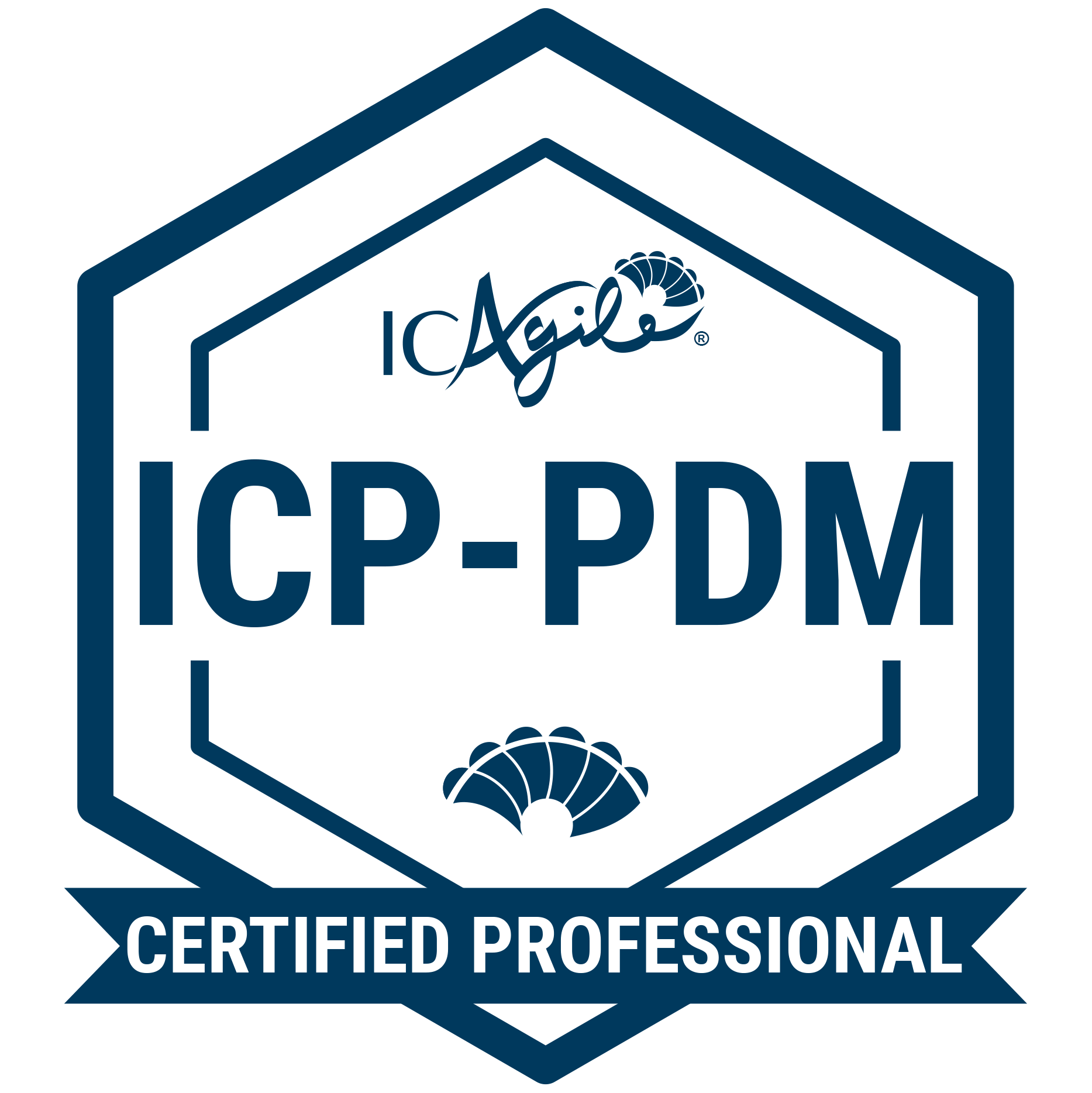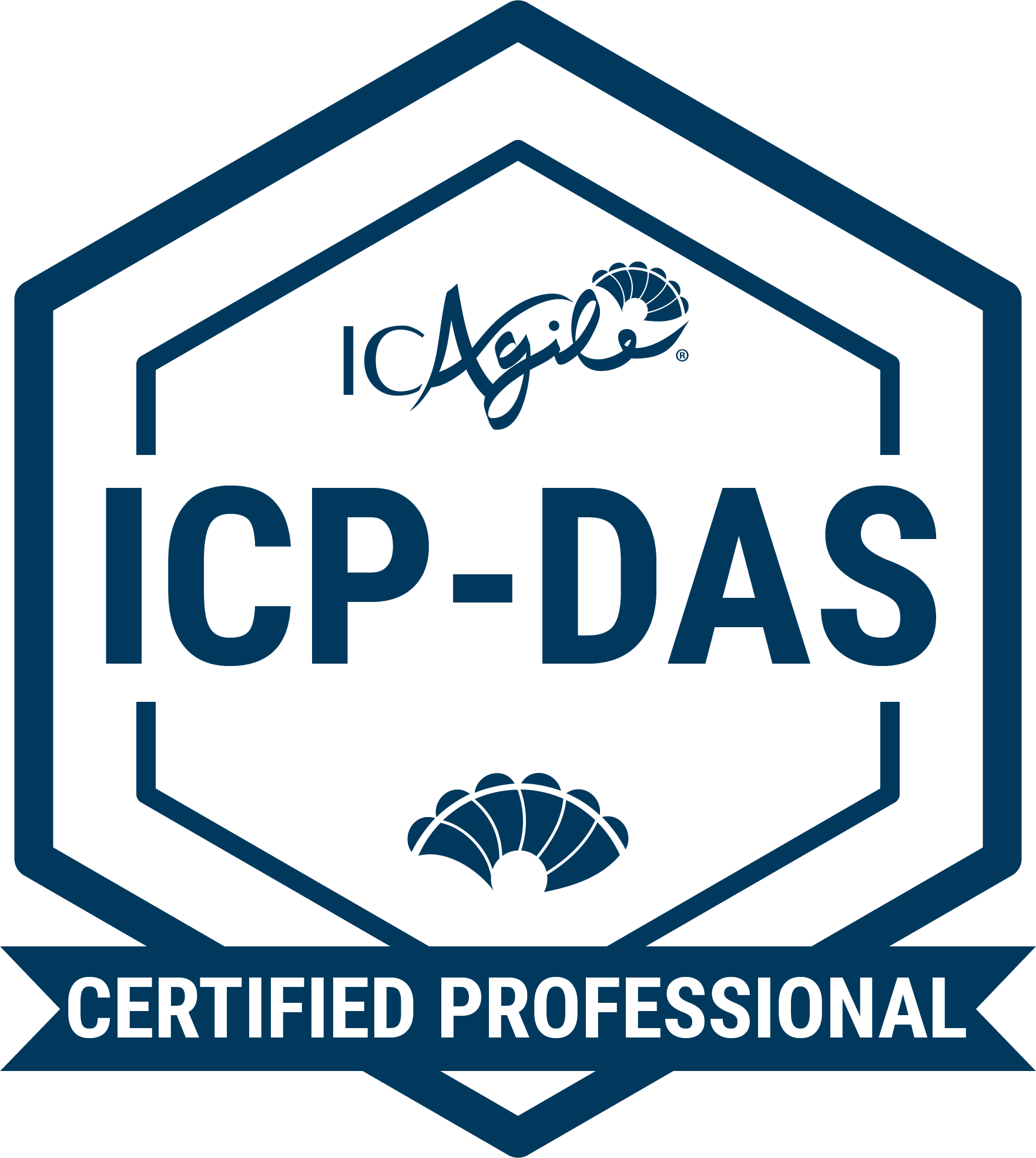As the business landscape rapidly evolves, Agile methodologies have become a cornerstone for organizations seeking to enhance flexibility and responsiveness.
Central to the successful adoption and implementation of Agile practices is the Agile Coach—a pivotal figure who guides teams through the complexities of Agile frameworks.
Beyond facilitating processes and championing best practices, an Agile Coach often serves a critical role as a mentor.
This mentoring aspect is vital for nurturing individual and team growth, fostering a culture of continuous improvement, and driving sustainable success.
An Agile Coach as a mentor does more than just impart knowledge; they actively engage with team members to inspire, support, and empower them.
They help individuals and teams navigate challenges, develop skills, and embrace Agile principles in a way that aligns with the organization's goals.
In this blog, we will explore how the role of an Agile Coach transcends traditional coaching methods to become a mentor, emphasizing the impact this mentorship can have on team dynamics, personal development, and overall organizational agility.

Get personalized support to grow yourself, and apply Agile principles effectively at work. Learn at your own pace with expert mentors guiding you every step of the way.
Explore Now1. Guiding Agile Adoption
Agile Coaches play a pivotal role in guiding organizations through the complexities of adopting Agile practices. They help teams understand the principles and methodologies, such as Scrum, Kanban, or Lean. By providing insights into the value of specific practices and effective implementation strategies, Agile Coaches empower teams to embrace Agile frameworks.
2. Sharing Best Practices
Drawing from their extensive experience across various teams and organizations, Agile Coaches bring a wealth of knowledge. They mentor teams by sharing best practices—what works and what doesn’t—in Agile environments. Practical tips and real-world examples illustrate concepts, enabling teams to make informed decisions.
3. Providing Continuous Feedback
Agile Coaches mentor both individuals and teams by providing ongoing feedback on their Agile practices. This feedback loop serves as a compass, helping teams navigate their journey. By identifying areas for improvement and encouraging iterative refinement, Agile Coaches foster continuous growth.
4. Coaching Leadership
Agile Coaches extend their mentorship beyond teams to organizational leadership. They guide leaders in understanding Agile principles and practices. Coaching executives, managers, and team leads, they create an environment conducive to Agile transformations. Collaboration, empowerment, and alignment become cornerstones of leadership coaching.
5. Facilitating Learning
Learning is at the heart of Agile. Coaches mentor teams by facilitating learning opportunities—workshops, training sessions, and communities of practice. These spaces allow team members to learn from one another, share experiences, and collectively enhance their Agile skills.
6. Supporting Personal Development
Agile Coaches also focus on individual growth. They mentor team members, helping them identify strengths and areas for development. Setting goals within the Agile context, they provide guidance for achieving personal and professional milestones.
7. Championing Continuous Improvement
Agile Coaches instill a culture of continuous improvement. Regular reflections, process evaluations, and experimentation become routine. By acting as mentors, they empower teams to take ownership of their processes, adapt, and drive improvement.
Conclusion
In conclusion, the mentorship provided by Agile Coaches is a powerful catalyst for achieving sustainable success. It nurtures a resilient and self-organizing team culture, paving the way for long-term growth and excellence. By fostering an environment of trust and collaboration, Agile Coaches empower teams to take ownership of their processes and outcomes, leading to increased innovation and efficiency.
Embracing the mentoring role of Agile Coaches can be a transformative step for any organization looking to navigate the complexities of the modern business world. As teams become more adaptable and proactive, they are better equipped to respond to changing market demands and customer needs. This not only enhances performance but also contributes to a more engaged and motivated workforce.
Ultimately, investing in Agile coaching is not just about adopting new practices—it's about cultivating a mindset that values continuous improvement, learning, and resilience. Organizations that prioritize this mentorship will find themselves well-positioned to thrive in an ever-evolving landscape, driving both individual and collective success.





























































































